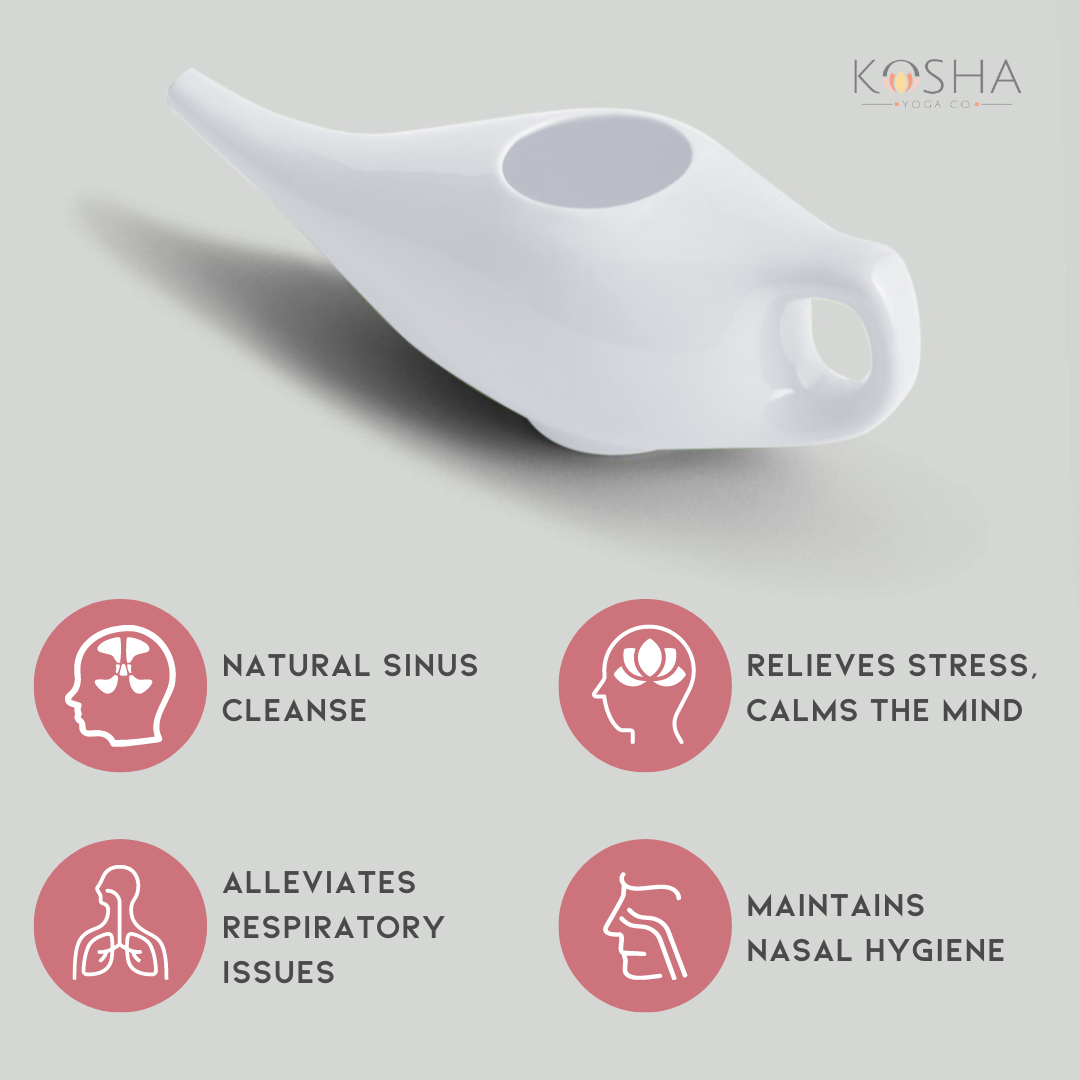Feel like you're constantly overwhelmed with responsibilities? Find it difficult to focus on a task? Have a hard time switching-off, being in the present and not worrying about the future?
Well you're definitely not alone. Today's world moves at a breakneck pace, leaving many people feeling burnt out and stressed. With the relentless bombardment of information it is easy to feel lost and inadequate.
However, there's a simple and effective solution to this problem: Yoga.
While the physical benefits of yoga are well documented and much discussed, the positive effect that regular practice has on our minds and souls is much more profound. Studies by researchers and clinicians have shown that yoga is an excellent tool for managing stress, anxiety, depression, lack of focus and most mental health conditions. So it's really no surprise that this art form has managed to stay relevant for thousands of years.
If you’ve been wanting to practice yoga regularly, but don’t know how to start, read this article on how to create a yoga routine that works for you.
In this article, we'll explore ten ways in which yoga will benefit your mental health and bring balance and harmony to your life.
1. Reduces Stress and Anxiety
Yoga has been renowned for its stress-reducing and anxiety-relieving abilities for a long time. The slow and deliberate movements, along with deep breathing and meditation, all contribute to calming the mind and promoting relaxation.
Whenever you feel stressed or anxious, just grab your yoga mat and start practicing. In just a few minutes of deep breathing and gentle movements, you are sure to feel more grounded and centred.
2. Improves Sleep Quality
If you have trouble sleeping and feel tired all the time, yoga is definitely the answer. Practicing yoga regularly helps you get deeper, more restful sleep, which improves overall health. In fact, a study in the Journal of Ayurveda and Integrative Medicine showed that practicing yoga for just six months can significantly enhance sleep quality.
With yoga, you can fall asleep faster, stay asleep longer, and wake up feeling more refreshed. So if you want to catch some zzz's and feel better rested, yoga is a game-changer.
3. Keeps Depression Away
Feeling down or struggling with depression can be tough, but incorporating yoga into your routine can help lift your spirits. Yoga is a known to help your body release endorphins, the body’s natural feel-good hormones, which are a natural mood booster. Regular practice of Yoga also helps regulate the stress hormone cortisol, which can alleviate symptoms of depression.
So if you’ve been feeling low lately, try taking a few minutes a day to practice some basic yoga asana’s and you will be surprised at how quickly your mood improves and how much more grounded you feel.
4. Reduces Chronic Pain
Chronic pain can be caused by various factors, such as injuries, arthritis, and other medical conditions, which can significantly impact an individual's quality of life. Fortunately, yoga is an effective way to reduce chronic pain. By improving flexibility and establishing a body-to-breath connect, yoga postures help to release tension and inflammation in the body, receiving pain and making your day-to-day activities much more comfortable.
5. Relieves Migraines
Suffer from regular and dilapidating headaches? Ditch the meds and get on your yoga mat. Yoga is a natural and effective way to relieve migraines and headaches. The deep breathing techniques used in yoga can help increase oxygen flow to the brain and release muscle tension, reducing the severity and duration of migraines. Additionally, the relaxation and meditation techniques practiced in yoga can help manage stress, tension, and anxiety, which are common triggers for migraines. By incorporating yoga into your routine, you may be able to find relief from migraines and improve your overall quality of life.
6. Releases Neurotransmitters like Seratonin and Dopamine
Yoga has been found to release neurotransmitters like serotonin and dopamine in the brain, which can improve mood and overall well-being. Serotonin, also known as the "feel-good" hormone, is responsible for regulating mood, appetite, and sleep. Dopamine, on the other hand, is associated with pleasure and reward. By regularly practicing yoga, you can naturally boost your mood and improve your mental health.
7. Better Focus and Concentration
With the constant state of information overload we live in, it can be tough to get anything done. That's where yoga is a great tool. Yoga's emphasis on being in the present moment can help us focus our attention and boost concentration.
By focusing on the slow, controlled movements and deep breathing, we learn to quiet our minds and be present. Various published research articles have shown that regular yoga practice can significantly improve cognitive function and focus. Therefore, if you're looking for a way to improve your productivity at work and stay more present in the moment, try incorporating yoga into your daily routine.
8. Promotes Emotional Healing and Trauma Recovery
When it comes to mental health, emotional healing, and trauma recovery are crucial components. Luckily, yoga can be an effective way to promote emotional healing by creating a supportive and safe environment where individuals can explore and release their emotions.
Research shows that yoga can even help reduce symptoms of post-traumatic stress disorder (PTSD) in women who have experienced trauma, according to a study published in the Journal of PubMed Central. The study found that yoga was effective as a complementary therapy alongside traditional talk therapy in reducing PTSD symptoms. Moreover, yoga can also provide a sense of empowerment and self-care for those who have experienced trauma.
If you're dealing with emotional pain or trauma, it might be worth giving yoga a try as a complement to traditional therapy. It will be a valuable tool in your healing journey.
9. Boosts Self-Acceptance and Body Image
By practicing yoga, we learn to be more mindful of our bodies and appreciate them for what they are capable of doing. This can help us develop a more positive attitude toward our bodies, and to life in general, leading to greater self-confidence and self-esteem. So if you're struggling with body image issues, yoga may be a valuable tool in helping you learn to love and accept yourself just the way you are.
10. Increases Self-Awareness and Mindfulness
The practice of yoga involves paying close attention to your breath, body, and thoughts, helping you become more aware of your inner world. By becoming more self-aware through yoga, you can better tune into your body and emotions, ultimately helping you manage stress and anxiety more effectively. So why not give yoga a try and see how it can help you find greater peace and mindfulness in your daily life?
Whether you are looking to reduce stress or find a new outlook on life, trying Yoga is a great way to get started. After all, the health benefits associated with Yoga can be felt almost immediately after your first class.
So what are you waiting for? Set aside a small chunk of time and enjoy the revitalising mental benefits that come from Yoga practice.
If you’re having trouble creating a yoga routine that works for you, click here.













































































































































































































































